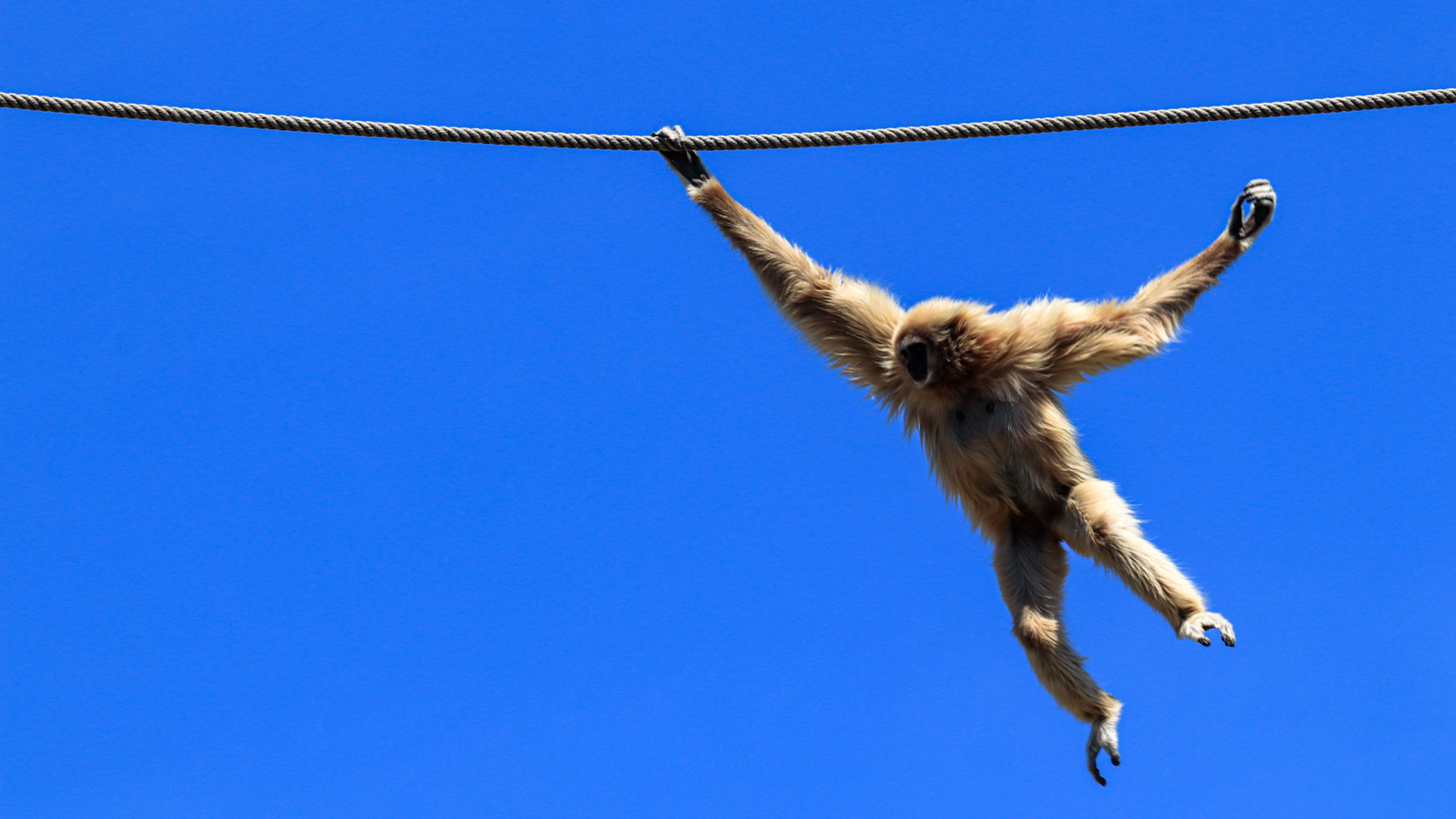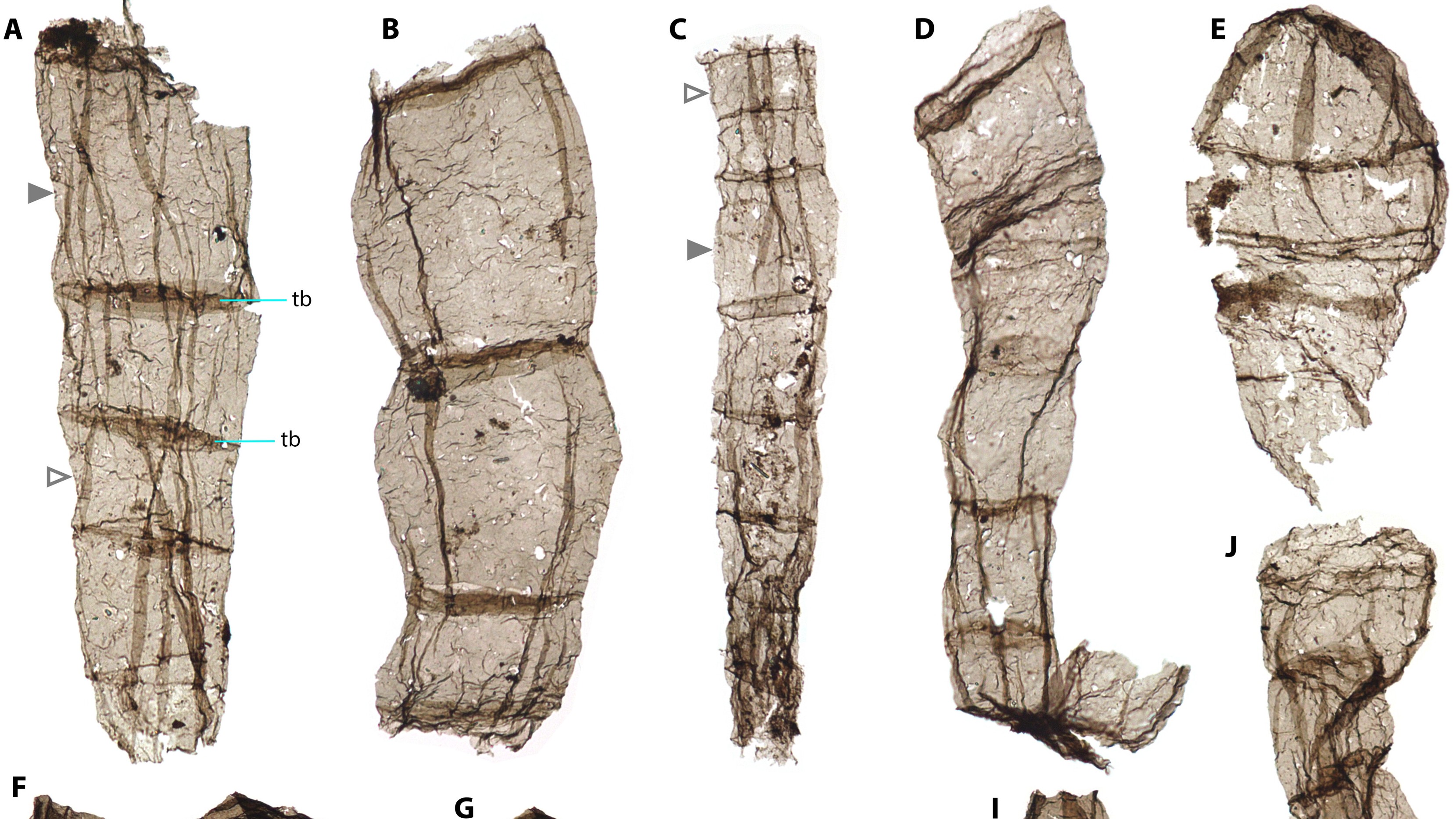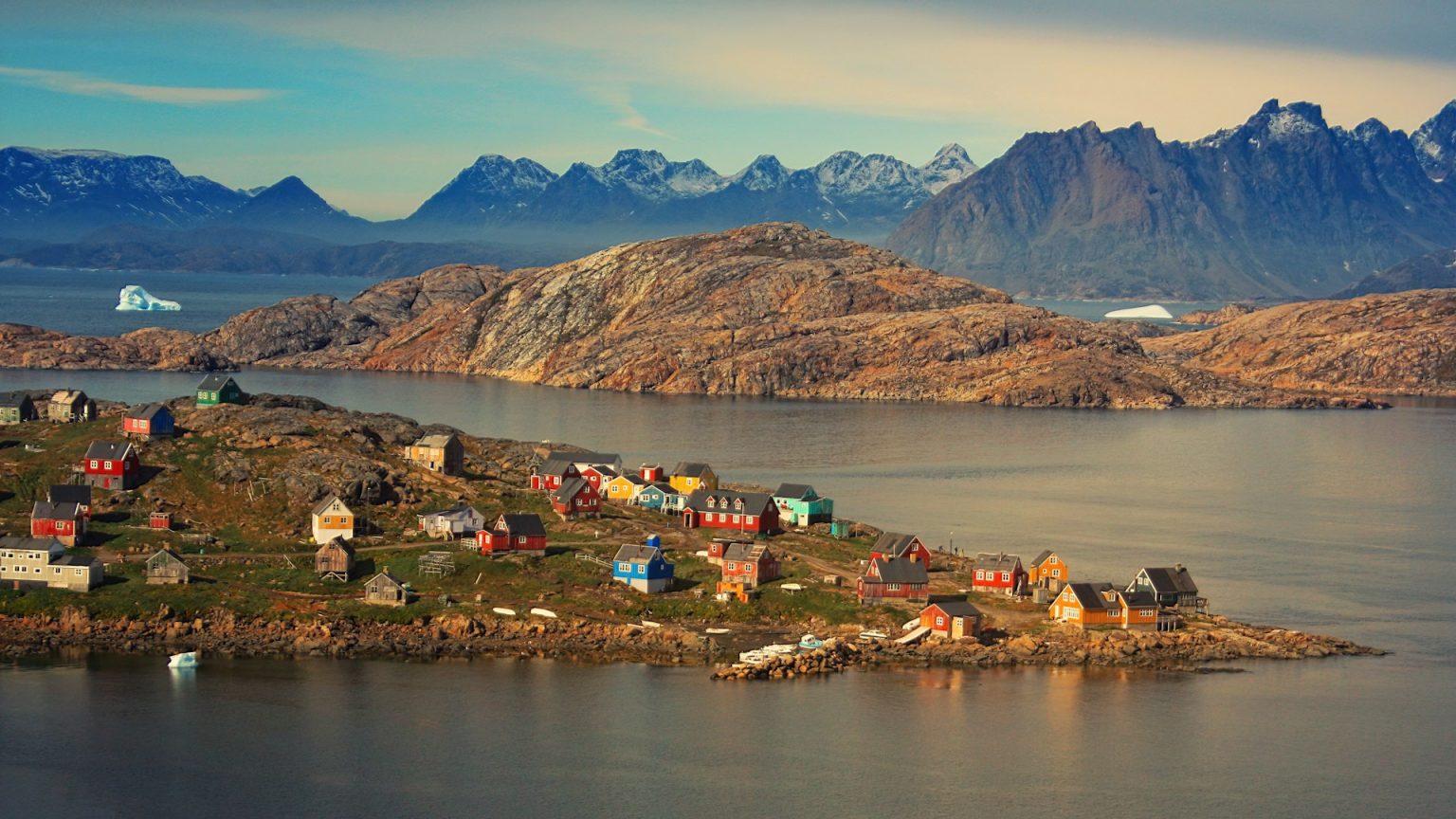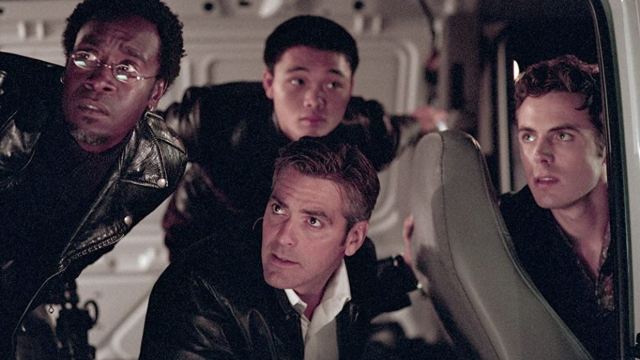Isolated island group is now one of the world’s largest animal sanctuaries
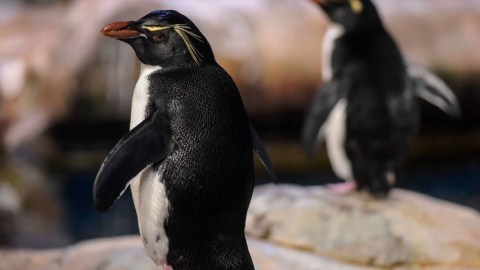
Credit: RICHARD A. BROOKS/AFP via Getty Images)
- The small island group of Tristan da Cunha has created one of the world’s largest ocean sanctuaries.
- Neither fishing nor extractive activities will be allowed in the area, which is three times the size of the United Kingdom.
- Animals protected by this zone include penguins, sharks, and many seabirds.
Tristan da Cunha, a group of volcanic islands with a mere 245 permanent residents situated between South Africa and Argentina in the middle of the Atlantic Ocean, has recently become one of the largest wildlife sanctuaries on the planet. The marine protection zone is three times the size of the United Kingdom and will protect a wide variety of animal species and prevent unsustainable fishing and extraction operations.
Tristan da Cunha is a British Overseas Territory consisting of an archipelago in the south Atlantic. The titular island is the largest in the group at about 100 square kilometers. Those hoping to visit will have to get there by a week-long boat ride from Cape Town. The island’s government gleefully notes that it takes longer to get there than it takes astronauts to get to the Moon.
The marine protection zone will cover 627,247 square kilometers (over 242,000 miles) of the ocean around the islands. It will be the “gold standard” in ocean conservation, with neither fishing nor other extractive activities allowed, often referred to as “no-take.” It will be the largest no-take zone in the Atlantic, and the fourth largest anywhere in the world.
The zone includes small areas just off the inhabited islands in which sustainable fishing will be allowed, but these areas are a small fraction of the no-take area’s size. Given the historical reliance of the island’s economy on the sea, this consideration is quite understandable.
These protected areas join many others covered by the United Kingdoms’ Blue Belt Programme of marine protection, which aims to preserve 30 percent of the world’s oceans by 2030.
In a press release issued by the government of Tristan da Cunha, the chief executive of the Royal Society for the Protection of Birds, Beccy Speight, left no doubt as to the environmental significance of this protection zone:
“This is a story two decades in the making, starting with the RSPB and Government of Tristan da Cunha commencing a conservation partnership, and culminating in the creation of this globally important protected area,” Speight said. “The waters that surround this remote UK Overseas Territory are some of the richest in the world. Tens of millions of seabirds soar above the waves, penguins and seals cram onto the beaches, threatened sharks breed offshore and mysterious whales feed in the deep-water canyons. From today, we can say all of this is protected.”
Speight added that in 2020, the need for these protections is greater than ever. “While Tristan da Cunha may be far away in distance it is still close to our hearts and protecting it is still the UK’s responsibility. Closer to home, the crisis facing nature is also huge. So huge that our wellbeing, our economic future, and our very survival depend on the choices we make now about the natural world.” Speight also used the statement to issue a call to action. “We need politicians to emulate the leadership of this small community to help us build the world we all want to live in. We hope today’s fantastic announcement is the first of many more that help revive our world.”
For the less romantic, there are also human-centered reasons why we ought to protect the oceans. A recent study suggests that keeping fishing boats out of a mere five percent of the ocean can raise catches everywhere else by a 20 percent. As it turns out, protecting the planet we live on provides benefits.
Examples of the penguins who will love the new zone. Photo by RICHARD A. BROOKS/AFP via Getty Images)
The now protected fish that inhabit the waters are a vital food source for many kinds of animals, all of which will benefit from not having to share their food supply with humans.
The vast area is home to many species of whales, sharks, and seals. Endangered species of albatross also drop by. Many birds that live on the islands and cannot be found elsewhere, such as the Wilkins bunting and the Inaccessible rail, also stand to benefit from the new protections.
Most adorable of all, the endangered northern rockhopper penguins make a home on one of the archipelago islands. With luck, they may not be endangered much longer.

